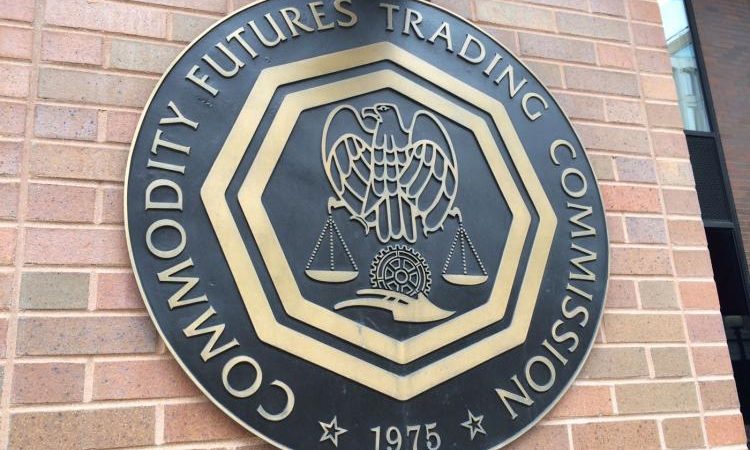The Commodity Futures Trading Commission of U.S. has ordered new guidelines released on 21 May 2018 for cryptocurrency-related derivatives products. It announced the formation of an advisory team which will provide guidance for digital currency derivative products to all the CFTC-registered exchanges and clearinghouses. The team will help them keep up with the new technology, innovation, fast pace and any changes in the sector. The team will be formed to overlook areas including market surveillance, large trader reporting, risk management and governance, and coordinating with CFTC members.
Just like traditional derivatives markets that have regulations regarding futures contracts, the Division of Market Oversight (DMO) will provide the guidelines to along with the Division of Clearing and Risk (DCR). DCR will be the advisory board that will help the DMO to surveil the market to design creative risk management policies.
Brian Bussey, director of DCR said the new guidance team would help market participants to develop and enhance risk management programs for the cryptocurrency derivatives products.
He continued, “In addition, the guidance is designed to help ensure that market participants follow appropriate governance processes with respect to the launch of these products.”
Last week at CoinDesk’s Consensus 2018 conference, James McDonald, director of CFTC said, the agency is trying to avoid “hindering innovation” as it creates problems to regulate the cryptocurrency and derivatives markets.
He further added, “Our mission is to foster financially sound markets, and we understand as a regulator that requires a certain amount of [flexibility] in our approach.”
This CFTC’s report is just a part of the ever-growing regulatory framework for cryptocurrency derivatives products. The 2018 Accounting Change for Finance Leaders Conference scheduled for to be held on June 18 will focus on digital assets tax reform.The accounting and taxation rules are rapidly changing to adapt to the unique challenges of cryptocurrencies.





Cryptocurrency regulations turn global